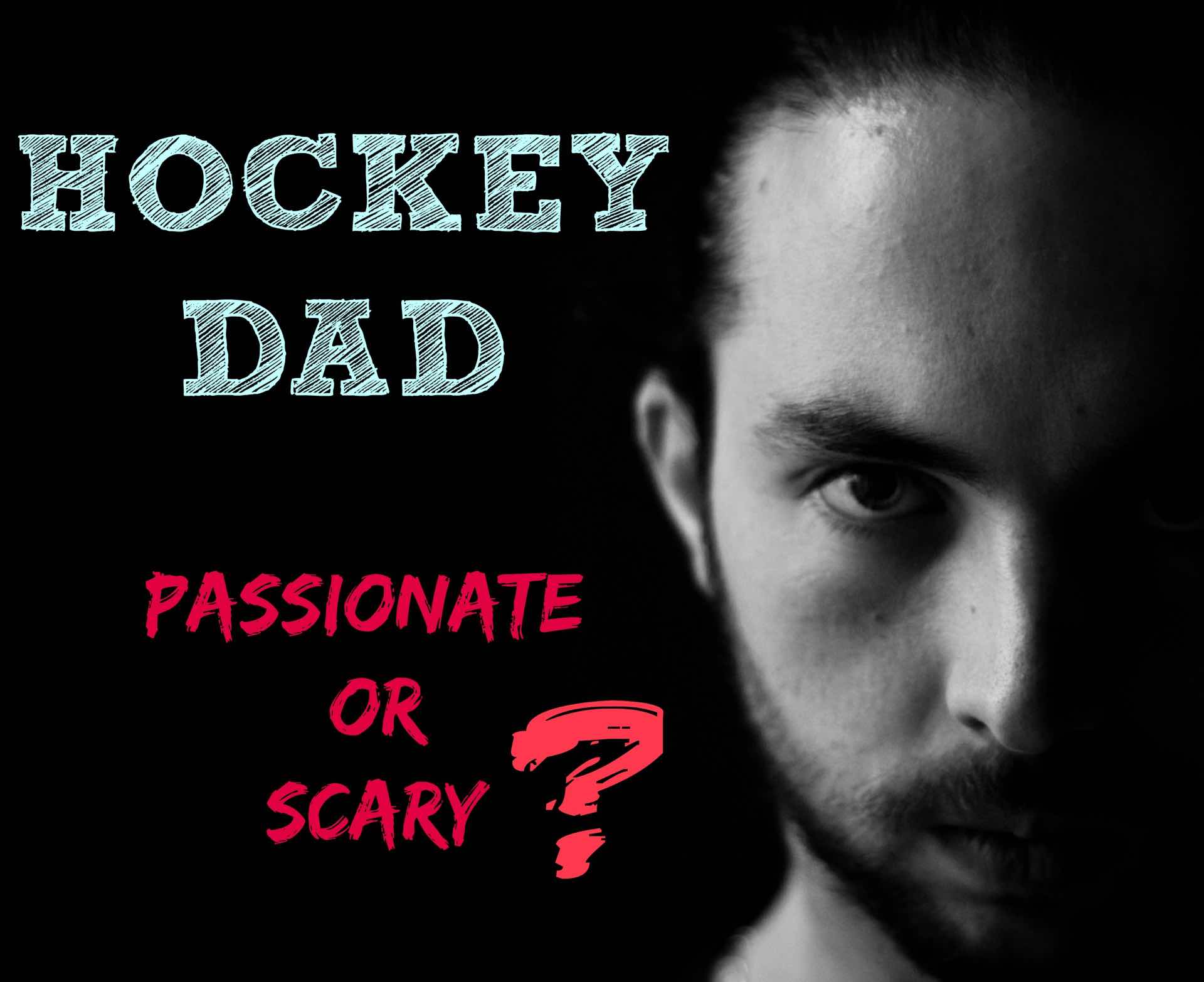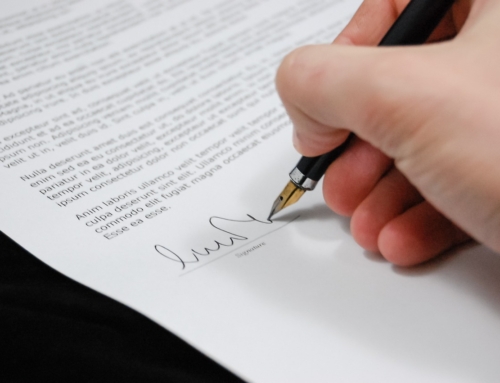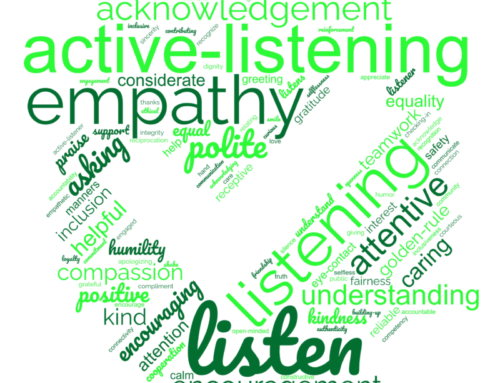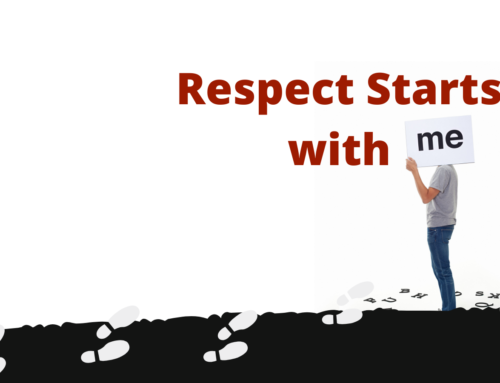Respectful Behavior and Hockey Parents
A recent headline of a local paper told an all too familiar story of violence and harassment at youth sporting events.
‘West Van hockey dad arrested’
The article told the story of how a hockey game being played at a club in West Vancouver was canceled due to fighting that had broken out. Not fighting on the ice between players from opposing teams, but two parents in the audience from opposing teams. This is a trend around which there has been increasing publicity.
Hockey Parents Told to Shut Up
Another recent headline from CTV in January of this year told a similar tale.
‘Vancouver Island hockey parents told to shut up, or get out.’
This article highlights what it calls the ‘rampant abuse of both players and referees by some spectators.’
Some insight into this unsightly and totally inappropriate behaviour can be gleaned from a study that was commissioned by the Citizenship through Sports Alliance and received in-kind support from the Office of Research of the National Collegiate Athletic Association (NCAA). The findings were first published in the Journal of Research in Character Education Vol. 3, No. 1, in 2005.
The researchers stated that the behaviour of spectators at youth sport events was clearly an area of concern. It did not seem to matter whether the researchers were talking to the youths themselves, their parents, or the coaches of their teams significant levels of inappropriate conduct were reported.
Within the study, a question was asked as to whether the interviewees had been embarrassed by the behaviour of a fan. 38% of youth and 59% of both parents and coaches indicating that they had been. In addition, five percent of youth even reported having been physically attacked by a spectator, and 17% reported having been scared by the behaviour of a fan. Certainly, it should be acknowledged that youths, parents, and coaches occasionally act in the heat of the moment in a manner they would not support during calmer times, and that learning skills of emotional self-control is going to be vital to improvement.
The researchers also found that the general definition of what constitutes appropriate good sport behaviour may be at the root of some of the issues that we now see splashed across the headlines.
When asked:
- 14% of the youth approved of cheating
32% think it is fine to argue with officials
22% accepted trash-talking as simply ‘part of the game’
29% approved of booing
12% agreed that faking an injury is alright, and
41% accepted flashy, self-centered celebration
When it was their turn to answer the same questions regarding their support of these forms of behaviour, the coaches and parents all had stronger pro social attitudes and beliefs. The only case in which both coaches and parents had higher acceptance of questionable behaviour was when it came to arguing with the official regarding some of their calls made during the game. The question they were asked did not deal with discretely enquiring later on with the official to try to understand why a call was made, but dealt specifically with “yelling criticism” at the official out in the open for all to see and hear.
Both of the media headlines used in this blog dealt with incidents which occurred after the referee made a decision.
I’m thinking that what is needed here is a little clarification regarding what is meant by the term “good sport.” Oh yes, and a whole lot more role modeling of appropriate and pro social behaviour. Otherwise, things are going to be pretty quiet in the arenas when the parents get locked out.







Leave A Comment